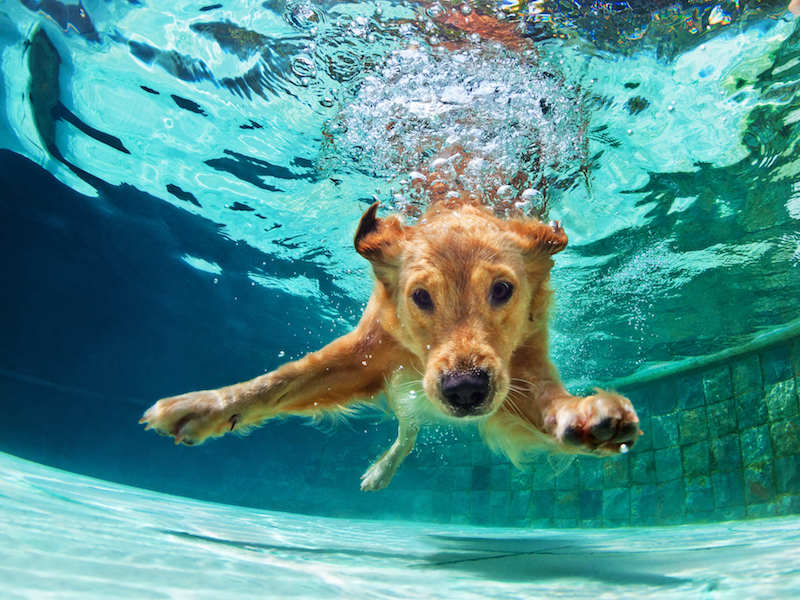
There are many factors which can affect the electrical circuitry of your hearing aids. Hearing aids seem to self-destruct under extreme moisture conditions. Taking that into consideration, humidity is a big problem.
Permanent damage is done by invisible moisture. It’s time to understand more about why humidity is a negative thing for hearing aids.
What is Humidity?
Despite the fact that the word humidity is very common, what does it actually mean? PBS describes humidity as water molecules in the air. When displayed as a percentage, for example, the relative humidity is 40 percent today, it refers to the amount of water vapor in the air compared to what air could hold. The higher the percentage, the wetter everything feels.
Humans are very sensitive to humidity because sweat is the most efficient way to cool the body. When humidity levels are high our sweat will not evaporate as quickly. Moisture and electronics don’t mix well and that includes hearing aids.
In General Electronics Have a Hard Time Coping With Humid Weather
Strangely enough, electronics are not just sensitive to high humidity but low levels as well. When it’s too moist, the intricate electronics will collect condensation. When it’s overly dry things become more brittle.
Hearing aids depend heavily on internal electronics to work. An advanced signal processing chip manages noise levels in a modern hearing aid. Because of this, you get awesome features like:
- Noise reduction
- Anti-feedback
- Targeted listening programs
- Digital sound streaming
Moisture can accumulate inside the hearing aid when humidity is high and harm that component. Batteries get destroyed and you get corrosion of elements inside of the case. You might as well drop your hearing aid in a sink full of water, and the effect is the same.
How to Control Humidity
Water resistant models are currently available. Having this feature doesn’t mean you can swim with your hearing aids in your ear, but it does offer some protection against humidity and other weather-related concerns like getting caught in an unforeseen rainstorm or even sweat when you work out.
If you live in a humid area, consider getting a room or house dehumidifier to lessen water vapor inside. It’s not only your hearing aid that will benefit, there are health benefits, and other electronics in the home will also be protected. Dehumidifiers reduce the risk of mold, mildew and dust mites, so everyone breathes a little better, too. Although a house or room dehumidifier will help protect your hearing aids, it’s not enough. You will need to take other steps at the same time.
Look for the dehumidifier made for hearing aids. They come at all costs levels. Silica gel crystals in a drying kit are used to protect electronics. Moisture is eliminated by putting the hearing aids into the dehumidifier for a couple of hours. Drying your hearing aids as you sleep at night can be done using specially designed storage containers. If it is very humid and you have no other way, uncooked rice can reduce moisture.
Don’t forget to leave the battery door open when you store your device. When you expose the battery and inner elements to air by leaving the door open, condensation can evaporate by itself. Don’t just do this in the summer, do it all year round.
Always store your hearing aids in a cool, dry place. Avoid putting them in the glove compartment, in a hot room or on a table in the sun.
Other Moisture Concerns
Damage can be caused by other types of wetness. Don’t forget to think about other types of wetness like:
- Don’t touch your hearing aids with hands that are still moist from lotion.
- Leave your hearing aids in a safe place before you go swimming.
- When exercising wear a sweatband. It’s a good practice whether you wear your hearing aids when you workout or not. Later that sweat will cause problems.
- Check surfaces before you put your hearing aid down. You don’t want to place it in a wet spot left by a glass or coffee cup.
Your hearing aids are a valuable asset, so treat them that way. Keep in mind how moisture can damage your hearing aids and make sure to prevent water from getting in them. If your hearing aid already has water damage make an appointment for service with a hearing aid specialist.
